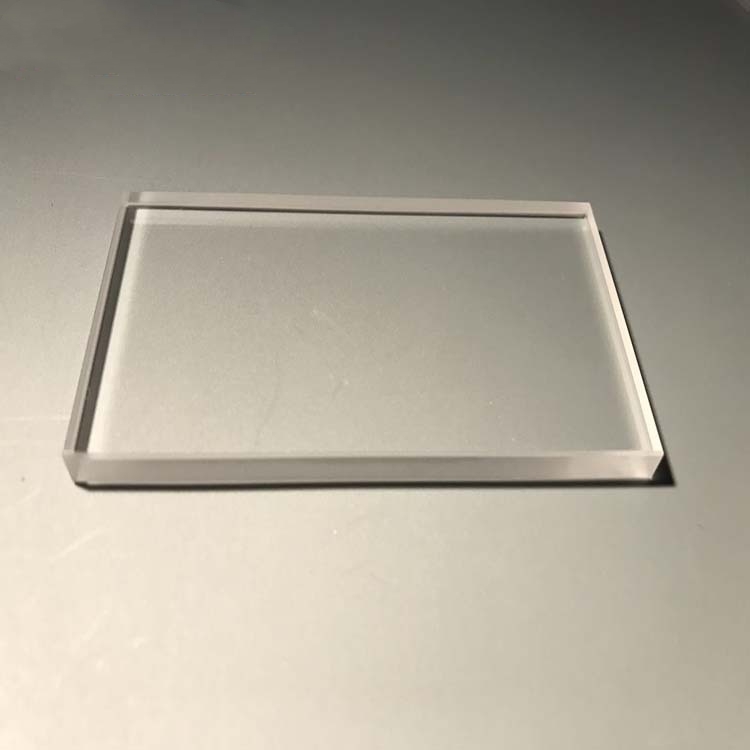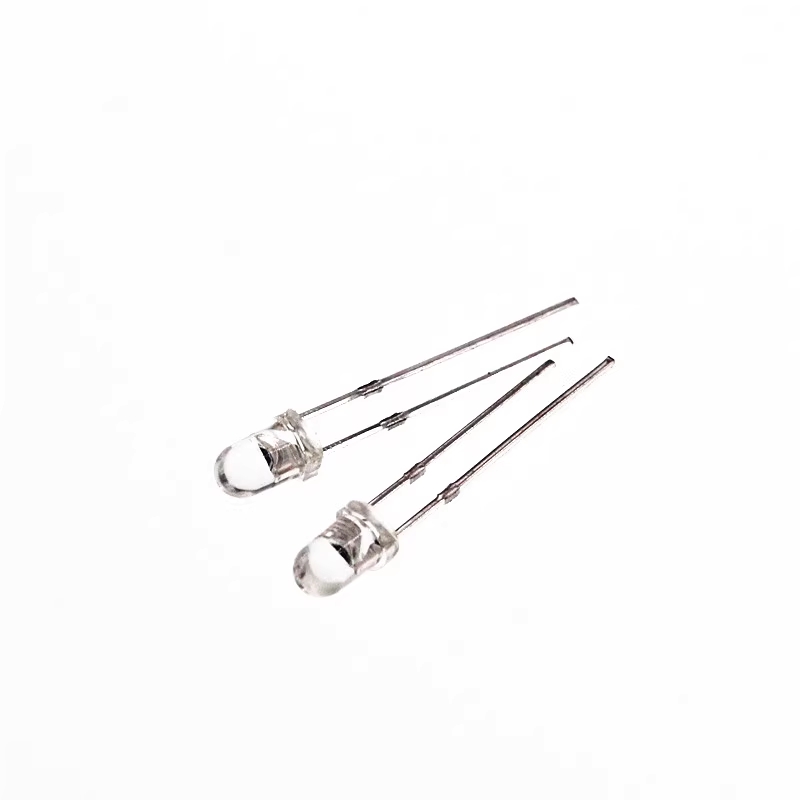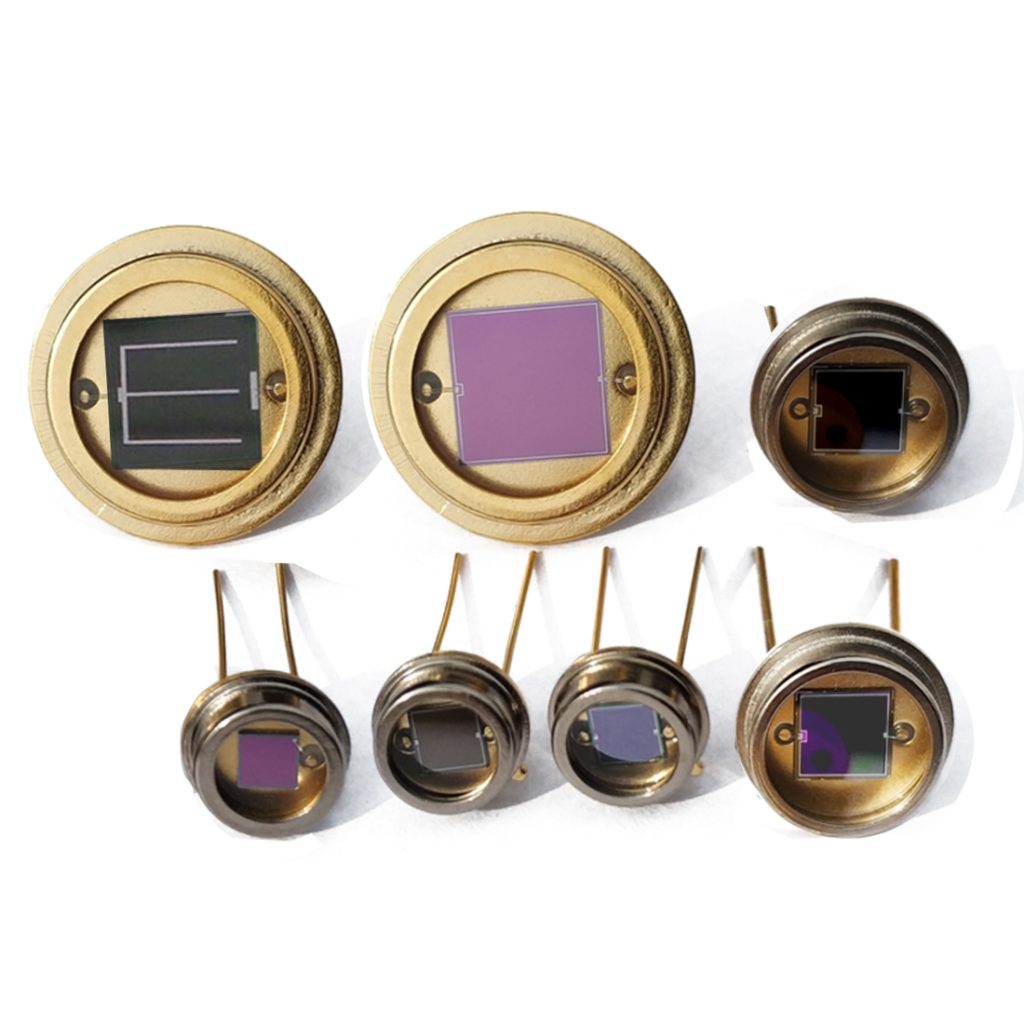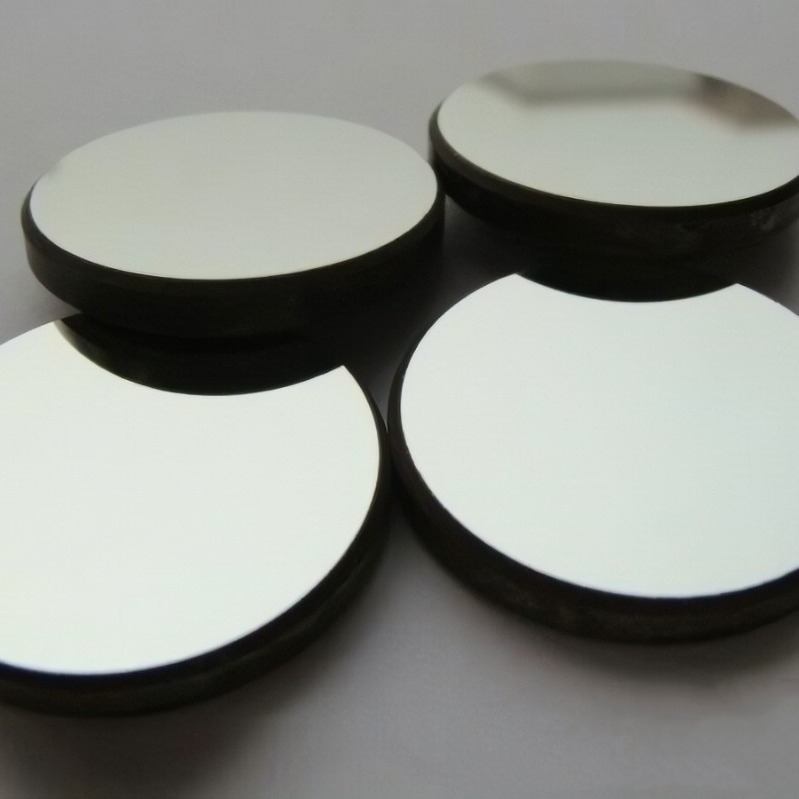Silicon nitride ceramic crucibles (Si₃N₄) are high-performance refractory components designed for applications requiring superior thermal resistance, excellent chemical stability, and enhanced mechanical durability. Manufactured through advanced sintering and precision machining, these crucibles provide exceptional wear resistance, oxidation resistance, and minimal thermal expansion. They are widely used in high-temperature melting processes, semiconductor manufacturing, laboratory applications, and metal casting, ensuring long-lasting efficiency under extreme operating conditions.
Product Overview
Small-sized silicon nitride ceramic crucibles (laboratory melting crucibles) are designed for high-temperature experiments and industrial melting. They are widely used in laboratories and industrial environments for high-temperature processing and chemical experiments. Silicon nitride (Si₃N₄) offers outstanding high-temperature performance, corrosion resistance, and thermal stability, making it an ideal choice for handling high-temperature materials. These crucibles feature smooth inner and outer surfaces, as well as a uniform wall thickness design, ensuring stability and durability even under extreme temperatures.
Features
- High-Temperature Performance: Silicon nitride ceramics can withstand temperatures up to 1200°C, offering exceptional thermal stability and heat resistance, ensuring reliable performance in extreme conditions.
- Corrosion Resistance: Silicon nitride material is highly resistant to a variety of chemicals, making it suitable for handling acidic, alkaline, and other chemical reactions.
- Thermal Shock Stability: Silicon nitride ceramics have excellent thermal shock resistance (△T°C = 500), able to endure rapid temperature changes without cracking or damage.
- Structural Design: The crucibles are often designed with a central hole or other shapes to meet different experimental needs, enhancing versatility and improving experimental flexibility.
- Physical Strength: With high bending strength (600 MPa) and compressive strength (2500 MPa), these crucibles maintain their shape and function under physical load.
Applications
- Laboratory Research: Widely used in chemistry and physics labs at universities and research institutions for high-temperature chemical analysis and materials science experiments.
- Industrial Melting: Used in metal processing and ceramic manufacturing industries for melting metals and other high-melting-point materials.
- High-Temperature Furnace Applications: Serving as melting containers in high-temperature furnaces, suitable for melting materials like glass or specialty alloys.
- Chemical Equipment: Used in chemical production as reaction vessels, particularly in processes requiring extreme temperatures and chemical stability.
Submit Your RequirementsWe will contact you within 24 hours.
 WOBO Scientific Research New Materials One-Stop Service Platform
WOBO Scientific Research New Materials One-Stop Service Platform











